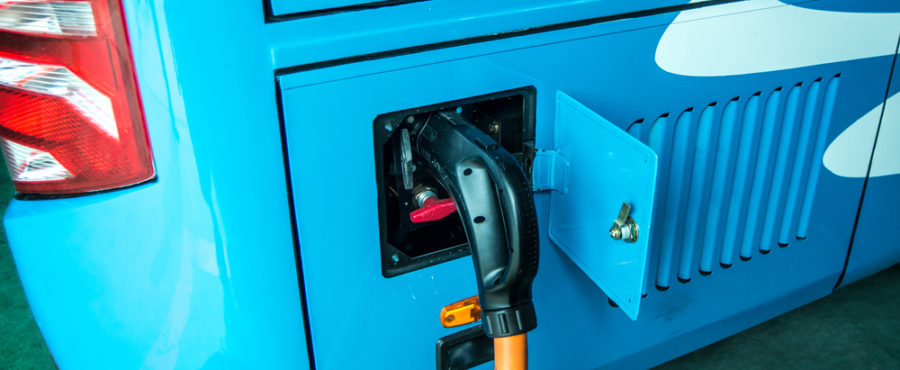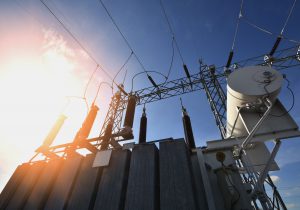
Research carried out in the USA by members of the Union of Concerned Scientists (UCS) revealed that electric buses truly are more efficient and environment-friendly than traditional diesel engine vehicles.
The study confirmed that electric buses generate half less pollution than their traditional counterparts. What is more, the positive effect is greater when more power from renewable sources charges the buses’ batteries.
According to assessments, a typical diesel engine bus to reduce its emission to levels typical of electric vehicles would need to use maximum 17 litres of diesel fuel per 100 km (or at least 12 miles per gallon, as usually measured in the US). However, diesel buses driving in the US today usually use 50 litres per 100km. That’s why they would need to reduce fuel consumption to a third of their current figures[1].
Using electric buses brings positive results also in “polluted” agglomerations, where a lot of fossil fuels, including coal, are used. Electrification of public transport translates into overall reduction of air pollution, which improves the situation. This area seems exceptionally important in Poland, where air pollution levels leave a lot to be desired.
Electric buses still, however, constitute only a tiny percentage of vehicles used in Poland’s public transport fleet. This situation may be changed by, for instance, a fully Polish design, an e-bus presented by RAFAKO. The vehicle is now having its first test drives and we are just seconds from having the first zero-emission bus, with an innovative location of batteries in the chassis instead of the roof, driving on the Polish roads.
[1] https://www.sustainable-bus.com/news/taking-into-account-external-costs-health-and-climate-electric-buses-already-offer-a-lower-tco-than-diesel/




